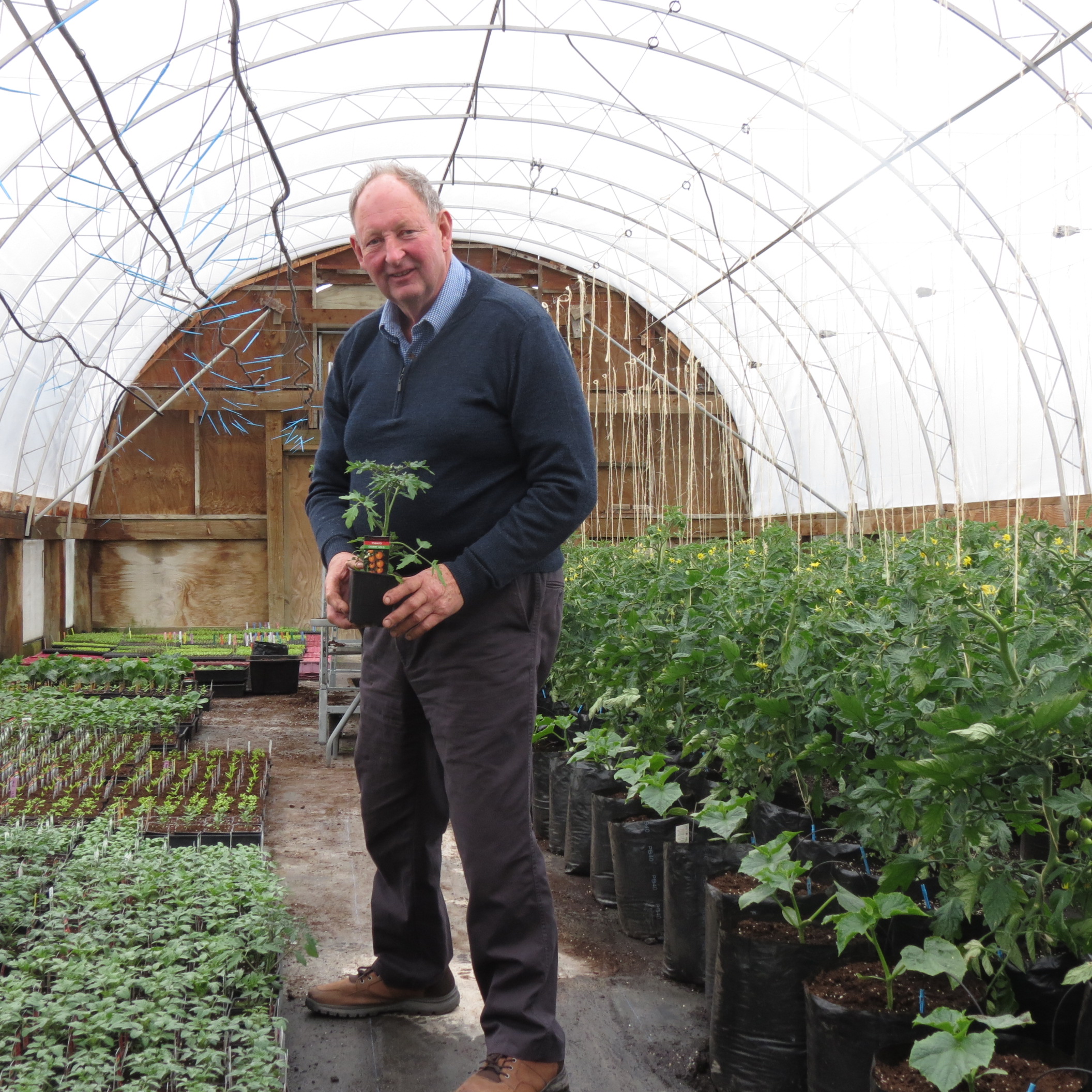John and Heather Preedy, who have owned Ettrick Market Gardens for more than 40 years, remember when Outram was the major food bowl for the lower South Island, with up to 15 market gardens.
The last one shut 12 months ago, Mr Preedy said.

Cherry Tree Farm owners Pete and Sharon Brass have seen the same trend, as small gardens shut up shop.
Mr Brass said in his former nursery business, he had watched small growers exit the industry.
‘‘One of our biggest issues in New Zealand, especially with our supermarkets and the duopoly that controls them, is there’s a lot of pressure on growers and the market gardens have dropped out substantially over the last 10 years.
‘‘There are very specific areas now where most of the food is grown because the bigger growers are able to do better in those areas and the supermarkets have ended up contracting to the bigger growers. The auction system that used to be in place has gone and it’s pretty much, ‘This is what we are going to pay’.’’
That came with its own risks, as seen in early November when bad weather in Pukekohe created an onion shortage and a jump in prices year-on-year by 72 cents a kilogram, according to figures from Stats NZ.
Mr Preedy said New Zealand was, and always had been, a rurally led export market and said if someone overseas was prepared to pay a certain price, that became the basic price.
‘‘That’s what the country has been built on and it is sustained on that. It ain’t going to change.’’
What had changed were other factors that reduced profit margins for growers — higher mortgage interest rates, freight charges to ship product to a central hub for redistribution, higher diesel prices, fertiliser prices that Mr Preedy said had tripled, increasing prices for seeds from overseas and higher labour costs.
Added to that was the cost of refitting greenhouses to use renewables rather than coal for heating.
‘‘Someone has to pay somewhere,’’ Mr Preedy said.
Mr Brass made a more dire prediction.
‘‘If the price of fertiliser goes up 20%, and the availability drops by 20% because of factors such as war, then you will have less food to feed the world’s population.’’





